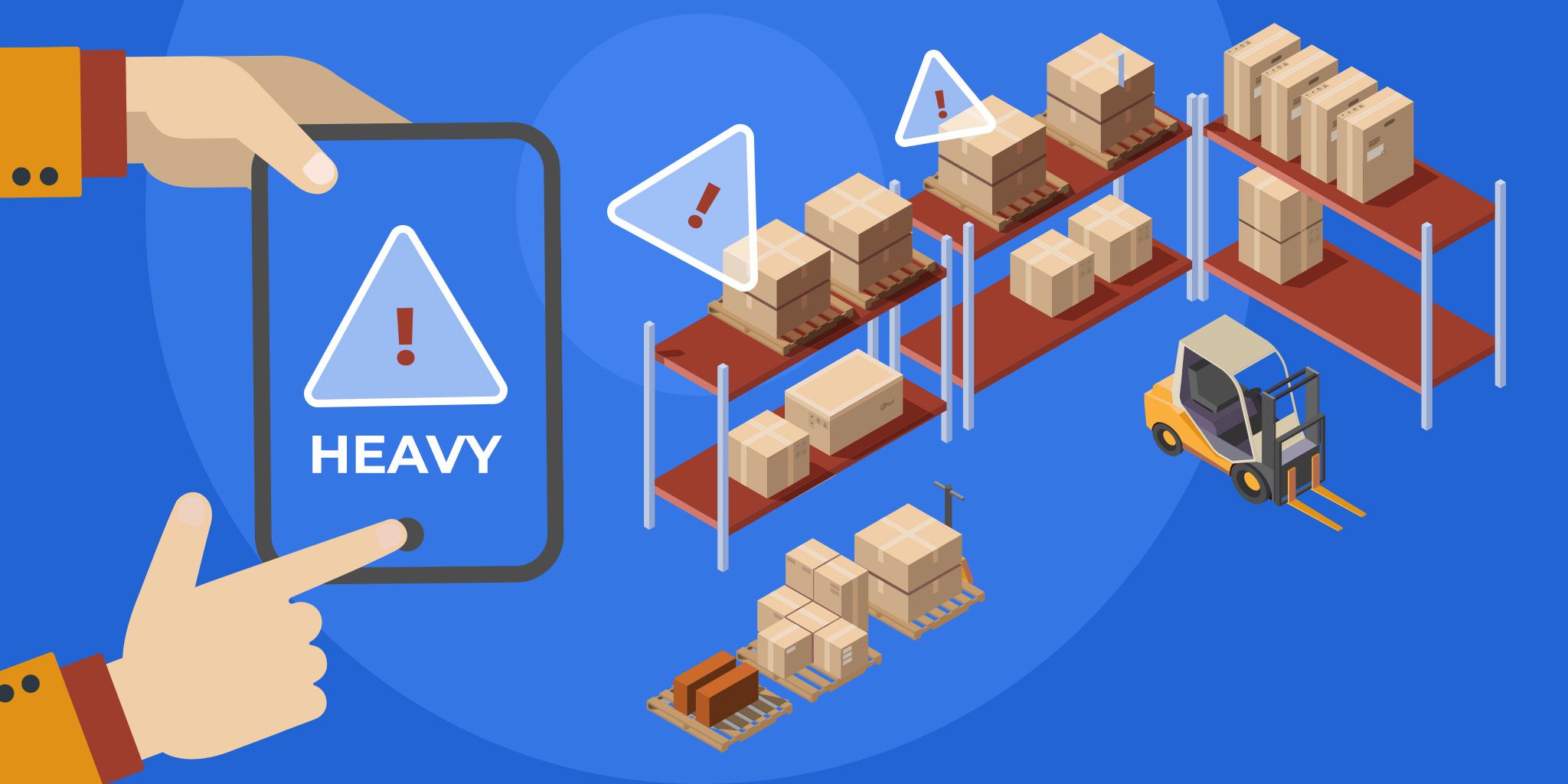5 Essential Skills for the Next Generation of Supply Chain Leaders
5 Essential Skills for the Next Generation of Supply Chain Leaders
- Last Updated: December 12, 2024
Fonseca Advisers LLC
- Last Updated: December 12, 2024



As global markets grow more intricate, tomorrow’s supply chain leaders face a landscape marked by rapid technological advances, rising sustainability standards, and an unpredictable world economy. Supply chain management, once largely focused on logistics and cost control, now requires a blend of technical expertise and strategic foresight. To thrive in this environment, the next generation of leaders must develop a skill set that not only addresses today’s challenges but also equips them to adapt to those still on the horizon.
These are the essential competencies future supply chain leaders must cultivate to effectively manage and evolve their operations amidst constant change.
1. Embracing Digital Literacy and Data Analysis
Digital transformation has radically reshaped the supply chain industry, integrating advanced technologies like data analytics, the Internet of Things (IoT), and artificial intelligence (AI) to streamline operations. For future leaders, digital literacy is more than a technical asset; it's a cornerstone of modern strategic decision-making.
A leader equipped with digital skills can harness vast datasets to gain insights into consumer demand, predict potential supply chain bottlenecks, and optimize resource allocation. Familiarity with data analysis platforms and AI-based tools allows leaders to make faster, more accurate decisions. For example, predictive analytics can alert a manager about potential inventory shortages, enabling proactive measures to prevent supply disruptions. IoT devices, connected throughout the supply chain, provide real-time data on shipping conditions, enhancing quality control and reducing loss.
Developing digital skills begins with a curiosity about emerging technologies and an understanding of how they can specifically serve supply chain goals. Whether learning to interpret data dashboards or overseeing the implementation of AI-powered systems, a digital-first mindset is crucial for those aiming to lead in this field.
2. Cultivating Agility and Flexibility
In an era of continuous disruption, agility is essential. Leaders who can rapidly adjust to new market demands, economic shifts, or unforeseen crises will set themselves—and their companies—apart. Agility isn’t just about reacting quickly; it’s about fostering a culture that values adaptive thinking and innovative problem-solving.
A key strategy for cultivating agility is adopting flexible supply chain models that allow companies to pivot as needed. During the COVID-19 pandemic, for instance, many businesses had to reconfigure their logistics networks and sourcing methods on the fly. Companies with agile leadership were better equipped to navigate these sudden shifts, whether that meant partnering with new suppliers or leveraging local resources to maintain production.
Future leaders can build this skill by encouraging team experimentation, supporting iterative workflows, and always planning for multiple potential outcomes. In essence, agility is the art of being prepared to improvise.
3. Prioritizing Sustainability Practices
Sustainability is no longer a trend but a necessity. With environmental regulations tightening and consumers increasingly demanding transparency, future leaders must embed sustainable practices at every stage of the supply chain. From sourcing eco-friendly materials to reducing carbon emissions in logistics, sustainable strategies are not only ethical but also profitable in the long term. A recent study by McKinsey found that companies focusing on sustainability could boost their operational efficiency and brand loyalty.
A sustainable supply chain might begin with sourcing from certified green suppliers or reducing packaging waste. Leaders can also reduce transportation emissions by optimizing routes and selecting greener options. For example, major companies like Unilever and Nestlé have already set ambitious goals to achieve carbon-neutral supply chains by 2030.
To effectively lead these initiatives, tomorrow’s supply chain managers should understand environmental impact assessment tools and stay updated on evolving industry standards. By prioritizing sustainability, they contribute to a positive brand reputation and position their organizations as responsible global citizens.
4. Enhancing Cross-Functional Collaboration
As supply chains become more interconnected, future leaders must work seamlessly with other departments like finance, operations, and sales. Collaboration helps align goals, ensuring supply chain objectives support the company’s mission. For instance, a close relationship between supply chain and finance teams allows for better budget planning, helping the organization avoid costly overstock or shortages.
Effective cross-functional collaboration requires more than open communication channels; it requires a shared vision across departments. Leaders should strive to establish trust and respect among teams by creating regular touchpoints, like monthly cross-departmental meetings or collaborative project reviews. Additionally, digital collaboration tools can bridge gaps, enabling more efficient workflow management and document sharing across teams.
Building strong partnerships with external stakeholders, such as suppliers and logistics partners, is also crucial. Through proactive communication and relationship management, leaders can foster a resilient supply chain that is less vulnerable to external pressures.
5. Building Robust Risk Management Strategies
With global supply chains vulnerable to political shifts, trade disputes, natural disasters, and cyber threats, risk management has become a priority for modern supply chain leaders. Effective risk management means anticipating potential disruptions and having contingency plans to ensure continuity.
A comprehensive risk management strategy includes identifying critical points of vulnerability and developing a playbook for various scenarios. For example, leaders should assess potential supply risks, such as sole-supplier dependencies, and consider diversifying their supplier base to minimize disruption impact. In addition, implementing cybersecurity measures to safeguard sensitive information has become necessary with the rise of digital infrastructure.
Investing in risk management frameworks like ISO 31000 or other industry-standard methodologies provides leaders with structured approaches to identify, evaluate, and mitigate risks. Proactive measures such as these can safeguard an organization’s supply chain from costly downtime or reputational damage.
Conclusion
Tomorrow’s supply chain leaders must be more than logistics experts; they must be digitally savvy, agile, environmentally conscious, collaborative, and risk-aware. The future demands a diverse set of skills to adapt to an increasingly dynamic, data-driven, and globally interconnected landscape.
As supply chain management continues to evolve, those who embrace these core competencies will not only keep their operations resilient but also contribute to a more sustainable and efficient global economy. For aspiring leaders, building expertise in these areas is a strategic investment that will pay dividends in both career advancement and operational excellence.
To stay competitive, start by assessing your current skills in each of these areas. Pursue training in data analytics, attend sustainability workshops, and cultivate cross-functional relationships within your organization. The more diverse your skill set, the better equipped you’ll be to navigate the complexities of supply chain leadership in the years to come.
The Most Comprehensive IoT Newsletter for Enterprises
Showcasing the highest-quality content, resources, news, and insights from the world of the Internet of Things. Subscribe to remain informed and up-to-date.
New Podcast Episode

What is Hybrid Connectivity for IoT?
Related Articles




